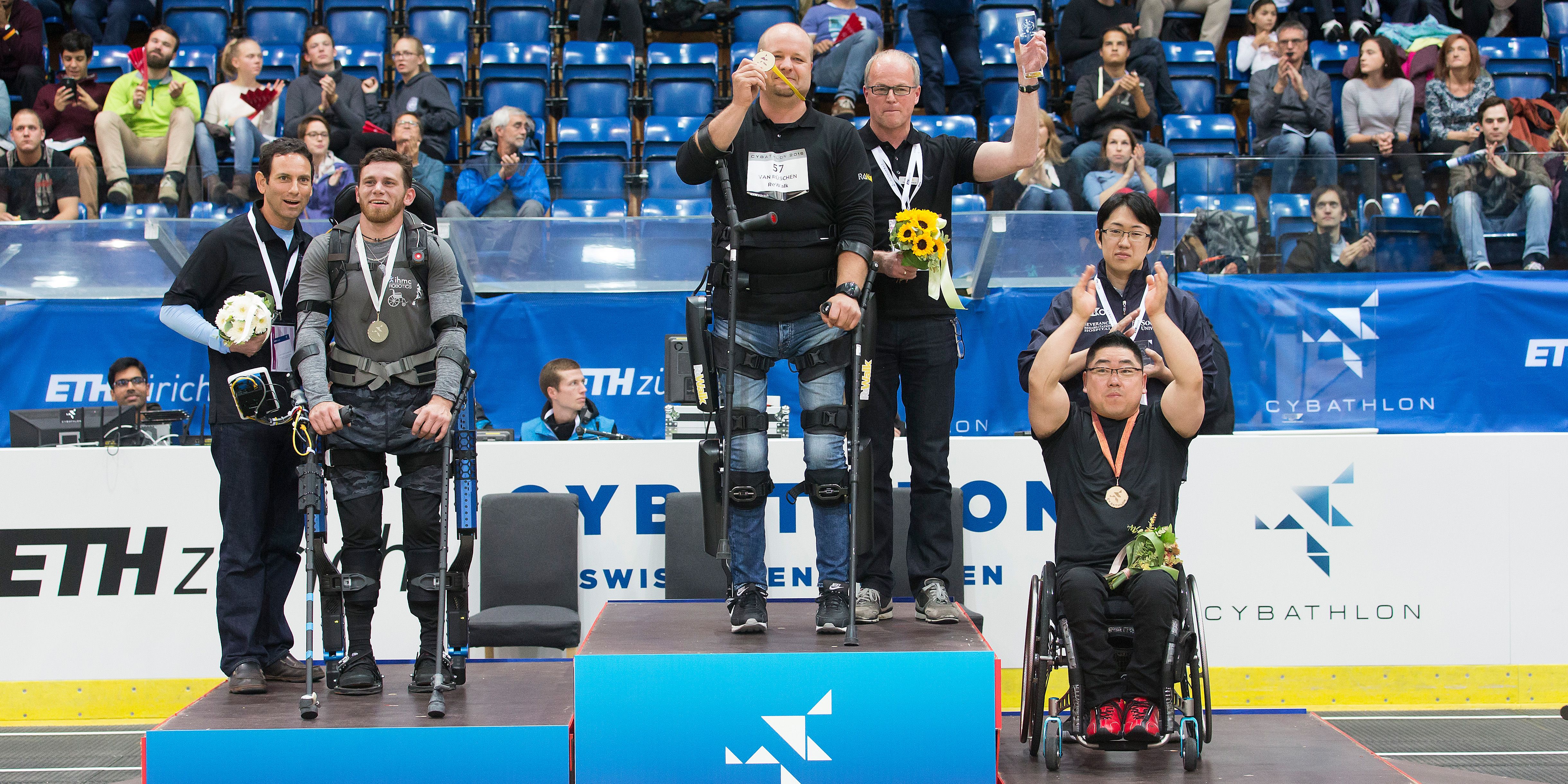Page 10814
Oct 10, 2016
China to launch pioneering pulsar navigation satellite in November
Posted by Andreas Matt in category: space travel
China is already well on the way to establishing its own version of America’s GPS network with its Beidou satellite constellation, but now it is seeking to take navigation and timing to stellar levels.
In November China will launch the X-ray pulsar navigation satellite — XPNAV-1 — a satellite that will conduct the world’s first test of the possibilities of using the regular emission of X-ray signals from pulsars for spacecraft navigation.
The spacecraft will attempt to triangulate its position relative to the Sun using the highly regular emissions from pulsars.
Continue reading “China to launch pioneering pulsar navigation satellite in November” »
Oct 10, 2016
Starships of the Future [INFOGRAPHIC]
Posted by Andreas Matt in categories: futurism, space travel
What happens when Charlie Rose attempts to interview a robot named “Sophia” for his 60 Minutes report on artificial intelligence.
Oct 10, 2016
Robots That Teach Each Other
Posted by Elmar Arunov in categories: innovation, robotics/AI
What if robots could figure out more things on their own and share that knowledge among themselves?
Availability: 3–5 years.
Oct 10, 2016
Watch this incredibly realistic CGI girl move for the first time
Posted by Elmar Arunov in category: futurism
Oct 10, 2016
In International Phase-3 Clinical Trial, New Drug Shown To Prolong Ovarian Cancer Remission
Posted by Shane Hinshaw in category: biotech/medical
 More than 20,000 women are diagnosed with ovarian cancer each year in the United States, most of whom have advanced disease. Although chemotherapy can put the disease into remission, it often recurs and the treatment’s effectiveness tends to wane over time. As a result, ovarian cancer is the fifth most-common cause of cancer death in women.
More than 20,000 women are diagnosed with ovarian cancer each year in the United States, most of whom have advanced disease. Although chemotherapy can put the disease into remission, it often recurs and the treatment’s effectiveness tends to wane over time. As a result, ovarian cancer is the fifth most-common cause of cancer death in women.
On Saturday, a team of researchers including Stanford oncologist Jonathan Berek, MD, presented the results of an international, multi-center phase-3 clinical trial of a new oral medication called niraparib in 553 women with advanced, recurrent ovarian cancer at the annual meeting of the European Society for Molecular Oncology in Copenhagen. Berek, the Laurie Kraus Lacob Professor and director of the Stanford Women’s Cancer Center, supervised Stanford’s involvement in the trial.
The aim of the study was to see whether niraparib could prolong the length of remission, also known as “progression-free survival,” in the women when compared to treatment with a placebo. As Berek described the niraparib treatment for me in an phone call, “This is a daily oral treatment with relatively low toxicity. Importantly, women don’t have to go to the hospital for regular infusions and are unlikely to experience significant hair loss.”
Cybathlon 2016
The very first Cybathlon in the world took place today. The event was completely sold out: some 4,600 visitors packed into the SWISS Arena Kloten to support the 66 teams from various countries. The pilots pitted their skills in six disciplines and demonstrated most impressively how novel technologies can assist people with disabilities in their daily life.
Oct 10, 2016
Commission plans cybersecurity rules for internet-connected machines
Posted by Roman Mednitzer in categories: cybercrime/malcode, food, internet, law, policy, transportation
The European Commission is getting ready to propose new legislation to protect machines from cybersecurity breaches, signalling the executive’s growing interest in encouraging traditional European manufacturers to build more devices that are connected to the internet.
A new plan to overhaul EU telecoms law, which digital policy chiefs Günther Oettinger and Andrus Ansip presented three weeks ago, aims to speed up internet connections to meet the needs of big industries like car manufacturing and agriculture as they gradually use more internet functions.
But that transition to more and faster internet connections has caused many companies to worry that new products and industrial tools that rely on the internet will be more vulnerable to attacks from hackers.
Continue reading “Commission plans cybersecurity rules for internet-connected machines” »


















